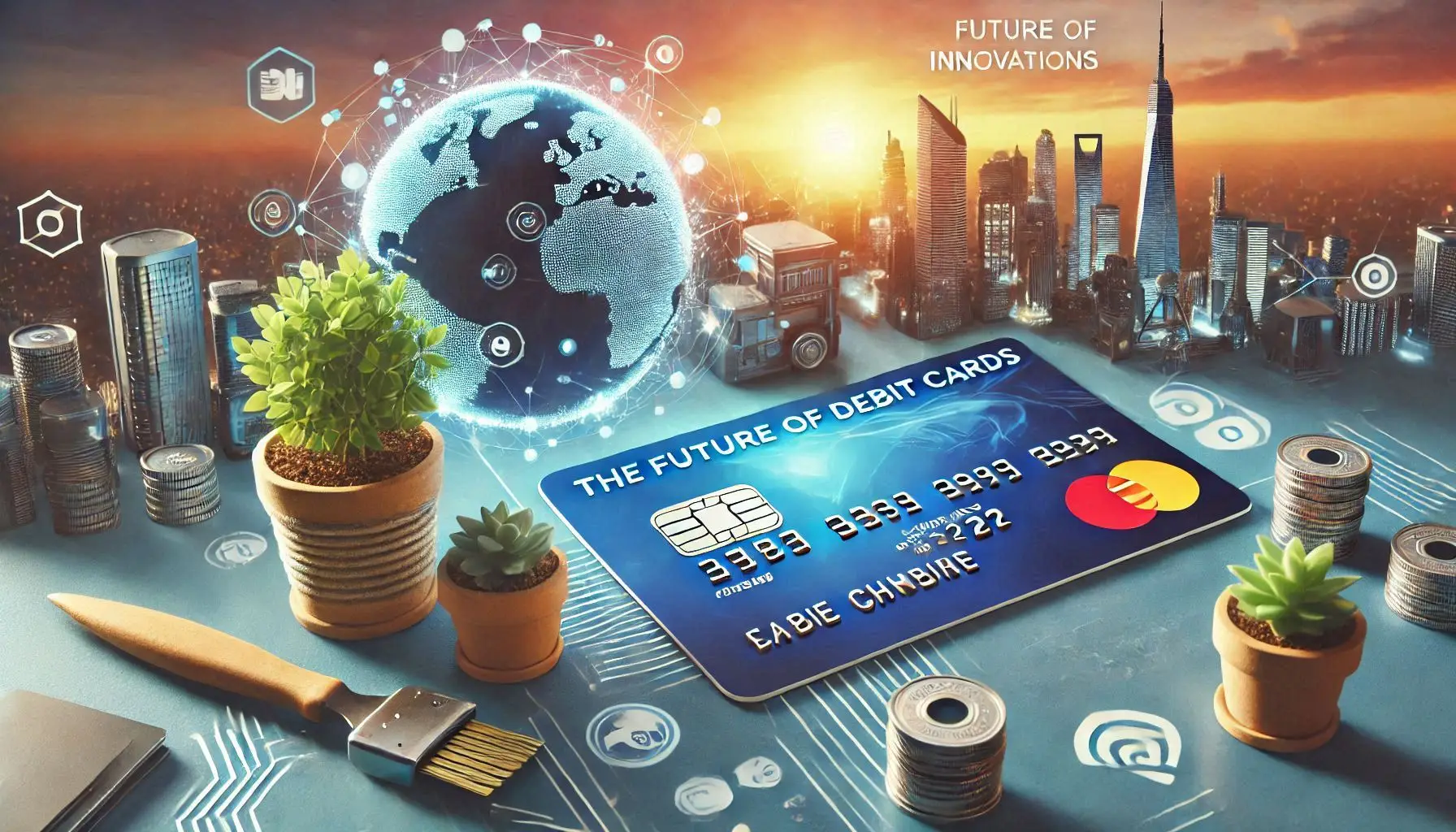Debit cards have been an integral part of personal finance for decades. As technology evolves, so does the way we use and interact with our financial tools. The future of debit cards is rapidly transforming, influenced by technological innovations, consumer behavior, and the broader shift towards digital payments. In this article, we’ll explore the emerging trends, potential innovations, and what lies ahead for debit cards in the modern banking landscape.
Rise of Contactless Payments
Contactless payments have become a cornerstone of modern transactions. Debit cards equipped with NFC (Near-Field Communication) technology allow users to make secure payments by simply tapping their card on a terminal.
The adoption of this technology is accelerating due to its speed, convenience, and enhanced security features. Studies show that contactless payments will dominate the market, especially in urban areas where consumers value time efficiency.
Additionally, the COVID-19 pandemic acted as a catalyst for contactless payments, as people sought safer, germ-free transaction methods. This trend is expected to continue growing, with more merchants adopting compatible point-of-sale systems.
Integration with Mobile Wallets
The integration of debit cards with mobile wallets such as Apple Pay, Google Pay, and Samsung Pay is another trend shaping the future. Consumers can now add their debit cards to these apps and make purchases without needing a physical card.
This convenience eliminates the fear of losing your debit card while enhancing security. With biometric authentication, such as fingerprint or facial recognition, mobile wallet payments are not only fast but also extremely secure.
Biometric Debit Cards
Biometric technology is making its way into debit card design. Banks and financial institutions are testing cards with fingerprint scanners to enhance security. Instead of relying on a PIN, users authenticate transactions by placing their finger on the card’s built-in sensor.
This innovation addresses the growing concern about fraud and unauthorized access, offering an additional layer of security for debit card users. As the cost of producing biometric cards decreases, we can expect to see wider adoption in the near future.
Debit Cards and Cryptocurrency Integration
As cryptocurrencies gain mainstream acceptance, financial institutions are exploring ways to integrate them with traditional banking tools like debit cards. Crypto debit cards are emerging as a hybrid solution, allowing users to convert digital currencies like Bitcoin or Ethereum into fiat money for everyday transactions.
This trend reflects the increasing demand for flexibility in managing digital and traditional assets. While still in its early stages, the integration of cryptocurrency and debit cards is set to redefine how we perceive and use money in the future.
Enhanced Security Features
Security has always been a priority for debit card providers, and the future will bring even more robust features. From dynamic CVV codes that change periodically to advanced AI-driven fraud detection systems, debit cards are becoming smarter and more secure.
Tokenization, which replaces sensitive card details with unique codes during transactions, is another advancement gaining traction. This reduces the risk of card details being stolen during online or in-store purchases.
Personalized Debit Cards
As banking becomes more customer-centric, personalization will play a significant role in the evolution of debit cards. From customizable card designs to tailored rewards programs, banks are focusing on creating unique experiences for their customers.
This approach not only enhances user engagement but also fosters customer loyalty. Imagine a debit card that rewards you for spending in your favorite categories, such as dining or travel.
Conclusion
The future of debit cards is exciting, with innovations aimed at enhancing security, convenience, and functionality. As the financial ecosystem evolves, debit cards are set to remain a key player, adapting to the changing needs of consumers and technological advancements.
Whether it’s through contactless payments, biometric security, or cryptocurrency integration, debit cards are being reimagined for the modern era. To stay ahead, financial institutions must continue innovating, ensuring that debit cards remain a valuable tool in our digital-first world.
For more insights into banking and debit card trends, visit MoneyWis and explore our comprehensive guides.

